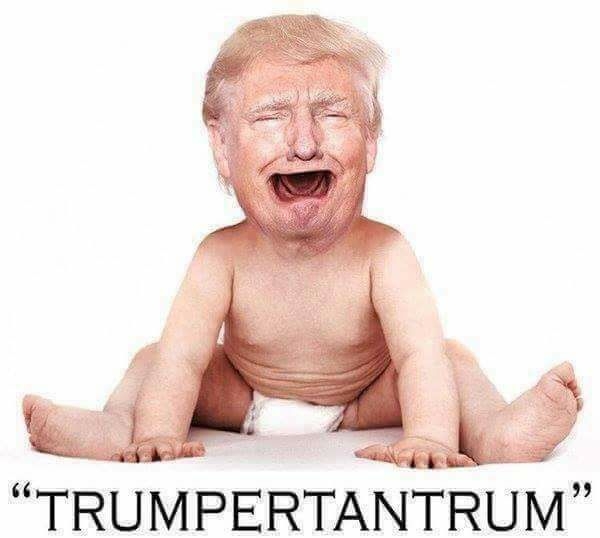Tehon
Gold Member
- Jun 19, 2015
- 8,938
- 1,239
- 275
It seems to be correct to begin with the real and the concrete, with the real precondition, thus to begin, in economics, with e.g. the population, which is the foundation and the subject of the entire social act of production. However, on closer examination this proves false. The population is an abstraction if I leave out, for example, the classes of which it is composed. These classes in turn are an empty phrase if I am not familiar with the elements on which they rest. E.g. wage labour, capital, etc. These latter in turn presuppose exchange, division of labour, prices, etc. For example, capital is nothing without wage labour, without value, money, price etc. Thus, if I were to begin with the population, this would be a chaotic conception [Vorstellung] of the whole, and I would then, by means of further determination, move analytically towards ever more simple concepts [Begriff], from the imagined concrete towards ever thinner abstractions until I had arrived at the simplest determinations. From there the journey would have to be retraced until I had finally arrived at the population again, but this time not as the chaotic conception of a whole, but as a rich totality of many determinations and relations. The former is the path historically followed by economics at the time of its origins. The economists of the seventeenth century, e.g., always begin with the living whole, with population, nation, state, several states, etc.; but they always conclude by discovering through analysis a small number of determinant, abstract, general relations such as division of labour, money, value, etc. As soon as these individual moments had been more or less firmly established and abstracted, there began the economic systems, which ascended from the simple relations, such as labour, division of labour, need, exchange value, to the level of the state, exchange between nations and the world market. The latter is obviously the scientifically correct method..........He sees it as generalized labor. An hour of labor is equal to an hour of labor. It is quantitatively the same, qualitatively different.Meaning 5 hours is 5 hours. You're great at posting tautologies.It is, quantitatively. But you think it is meaningless.Obviously the heart surgeon commands more money.
Are you being serious?
ROFL. I thought all labor was equal.
The question here is if they have the same value. What does Marx say about that?
The reason the heart surgeon commands more money is due to the accumulated labor in acquiring the skills necessary to perform heart surgery. It increases the value of his commodity, which is his labor. The total accumulated value in performing heart surgery is greater than that of pulling weeds.
Economic Manuscripts: Capital Vol. I - Chapter One
Some people might think that if the value of a commodity is determined by the quantity of labour spent on it, the more idle and unskilful the labourer, the more valuable would his commodity be, because more time would be required in its production. The labour, however, that forms the substance of value, is homogeneous human labour, expenditure of one uniform labour power. The total labour power of society, which is embodied in the sum total of the values of all commodities produced by that society, counts here as one homogeneous mass of human labour power, composed though it be of innumerable individual units. Each of these units is the same as any other, so far as it has the character of the average labour power of society, and takes effect as such; that is, so far as it requires for producing a commodity, no more time than is needed on an average, no more than is socially necessary. The labour time socially necessary is that required to produce an article under the normal conditions of production, and with the average degree of skill and intensity prevalent at the time. The introduction of power-looms into England probably reduced by one-half the labour required to weave a given quantity of yarn into cloth. The hand-loom weavers, as a matter of fact, continued to require the same time as before; but for all that, the product of one hour of their labour represented after the change only half an hour’s social labour, and consequently fell to one-half its former value.
We see then that that which determines the magnitude of the value of any article is the amount of labour socially necessary, or the labour time socially necessary for its production.[9] Each individual commodity, in this connexion, is to be considered as an average sample of its class.[10] Commodities, therefore, in which equal quantities of labour are embodied, or which can be produced in the same time, have the same value. The value of one commodity is to the value of any other, as the labour time necessary for the production of the one is to that necessary for the production of the other. “As values, all commodities are only definite masses of congealed labour time.”[11]
Marx is weaseling around the concept of the market price. That's all he means by "the amount of labour socially necessary." There are so many flaws in his rationalization that I wouldn't waste my time debunking it. Many economists have already done that. The bottom line is that the above is pure bunk.
Grundrisse 01






